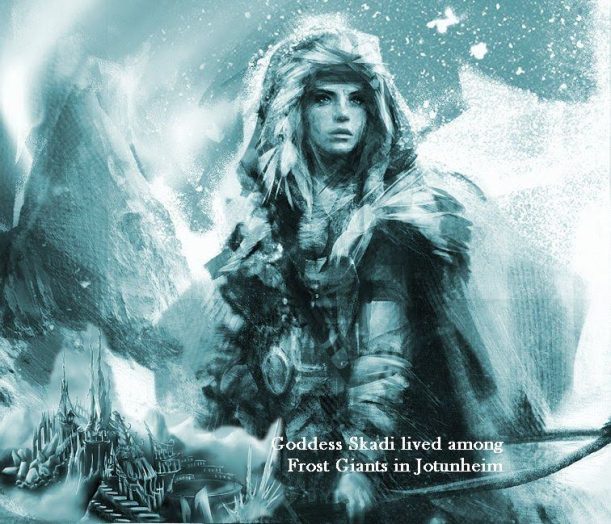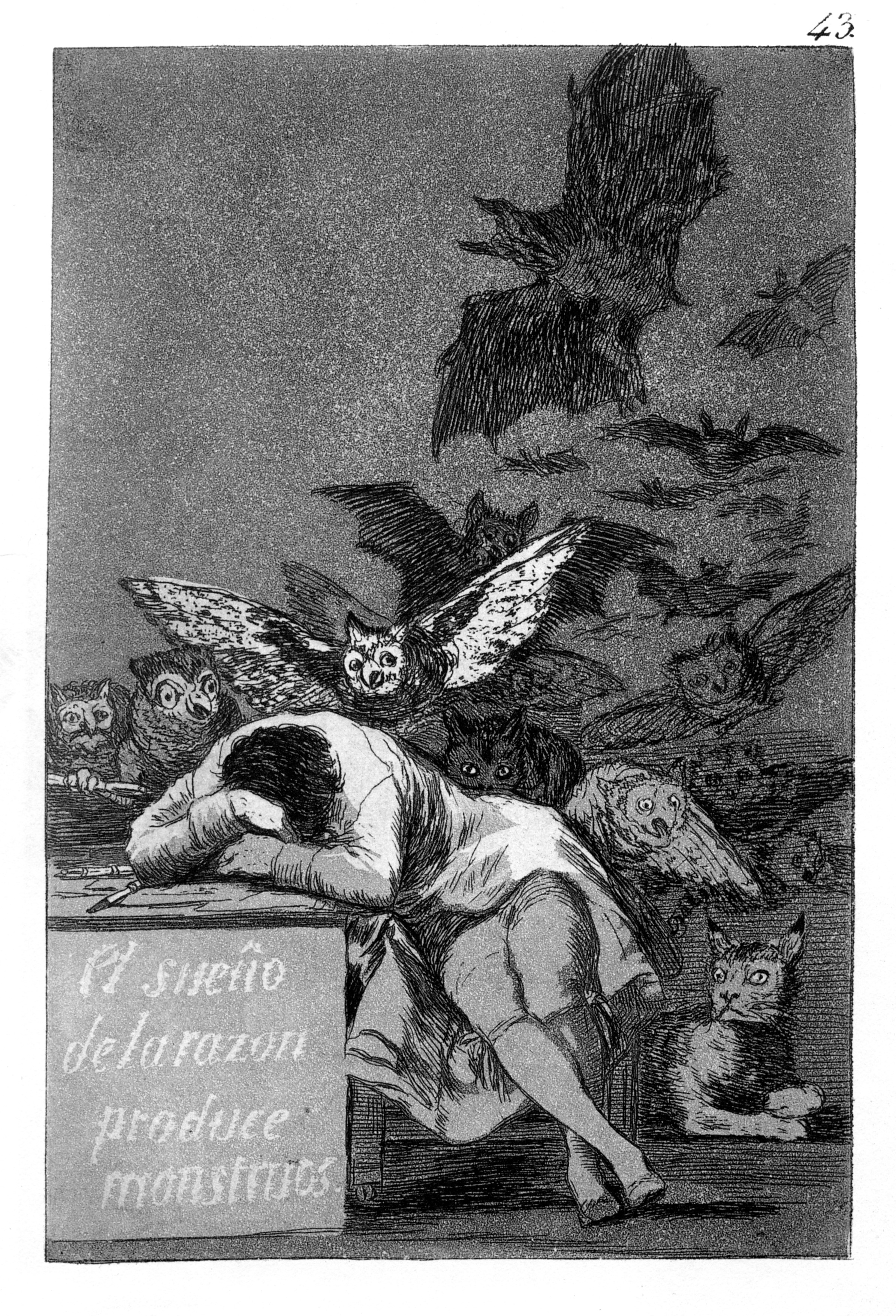The dwarves killed me.
But they could not make me stay dead.
Fjalar and Galar carried only a candle
each as they led me
into the darkest room in the depths of
their house. The knowledge
that I shared to all was an affront to
the dwarves, who keep
their secrets for themselves; perhaps
they feared
that I had somehow found out what they
knew, as well,
and would share it far and wide with the rest of the world.
And perhaps I did,
And perhaps I would have done.
They thought I did not know what they
planned in that darkness,
the clubs they had waiting to crush my
skull.
Maybe that was why they hurried so.
I went into the darkness of that
deepest room
unafraid and calm.
I know that death is not the end.
Not for man, not for dwarf, not for alf
or svartalf,
not for troll or Van,
not for the Aesir or the Jotun–
and not for those born of magic and
circumstance, like me
–who rose up whole from chewed berries
fermented with the spit
of the Vanir and the Aesir after they
were born–
me, who was born in a way no creature
before
was ever birthed.
Men themselves know this; they know
things live beyond their allotted
times;
they know
of the gravewights, the draugr buried
in their barrow-tombs,
moving uneasily under the weight of
soil and stones,
and some nights coming out to walk.
It takes no special wisdom to know that
life springs again
after death, for each creature in its own way.
And I knew that when they killed me
–(yes, I knew they planned to kill
me)–
that I would go on to visit with my
knowledge
to many, many others than I could ever reach on foot.
When my limp body had stopped
twitching,
they hoisted me up onto a high shelf,
positioned vessels
under my head,
and cut my throat to drain my blood, my
life,
into vats and a single pot, catching
every drop.
Every drop, every mote of me lived in
that flood of red,
Though the empty vessel I left behind
was of no import.
Then they stole bee’s gold from the
waxen hives,
(Bygul they would have called it, as
beauteous Freyja
might have called one of her cats),
and mixed that golden sweetness into the vessels.
It was there that the power of my life
woke again,
making something richer and better than
an ugly mixture
of thin red and thicker gold,
mixing, mingling, melding together,
and yes, making magic.
The dwarves did not fare well after my
murder;
they felled the giant Gilling and his
wife, but
Gilling’s son Suttungr learned of their
treachery
and went to visit; through threats and
violence and fear of death,
they at last convinced him
to take the wergild of the mead I had
become for
the deaths of his parents.
Suttungr took the vessels to Hnitbjörg,
where
his
daughter Gunnlöð guarded over it;
and
this is where Odin came
—most
crafty, most wise—to take me away.
There
have been questions about how he found me:
perhaps
Mimir’s head told him of me,
or
perhaps he learned of me in a view from Hliðskjálf,
or of me was by Heimdall told.
Or
perhaps he just knew;
like
calls to like, after all,
and
he was the Highest of Aesir,
and
of the spittle in that cauldron
when
they made peace with the Vanir,
his
was the most;
if
Heimdall is said to have had nine mothers,
it
could be said that I had mothers and fathers alike
in
the dozens, the hundreds;
but of them all, he was chiefest.
Odin
came upon nine workmen in a meadow,
himself
disguised, new-named, cleverly deceiving,
and
did them a service, pleasing them so well by it
that
he tricked them with the tool of that service
into
killing themselves,
leaving
their master Baugi—
Suttungr’s
brother, Gunnlöð’s uncle—
without
the toil of those thralls
for
the rest of his need.
So
Odin—most crafty, most wise—
bargained
his own labor to toil
for
the feat
that
he as Bölverk had done for Baugi,
that
he as Bölverk had orchestrated the need for;
and
named his price:
three
swallows of the draught from his brother’s vats,
And Baugi agreed.
When
the season’s strivings were seen,
he
asked for the price he had been promised by Baugi—
and Suttungr refused to pay.
So
Odin—most crafty, most wise—came, instead,
the
long way, through a hole drilled into
the
mountain Hnitbjörg in the form of a serpent,
to
visit Gunnlöð.
Fair
she was, and sweet she was, and welcoming she was.
And
naive she was,
best-positioned
she, who guarded over those vats,
and
he charmed her with his smile,
his words,
his seeming,
and took her for three nights to her bed.
And so when Odin had seduced Gunnlöð,
she
let him have three drinks;
a
drink for each night;
But
Odin drank deeper than any,
and
with each drink he drained
one
of those three vessels,
leaving
them dry as old bone.
So
father came to son,
and
when an uproar rose,
he
took another form
—not
Bölverk, not serpent, but eagle—
and
flew away.
So
now I rest rightly in Asgard,
where
Odin gives of me to Aes and man,
sparking
the inspiration for poetry to those he gifts,
and if you have ever tasted of me
—even
a sip,
a sip so small that only one tiny drop of me
one smallest of motes—
then that one tiny glittering gold and ruby drop—
swims still through your flesh and blood,
even if you tasted it years ago,
for I am with you always,
as
I have shown you here today.


